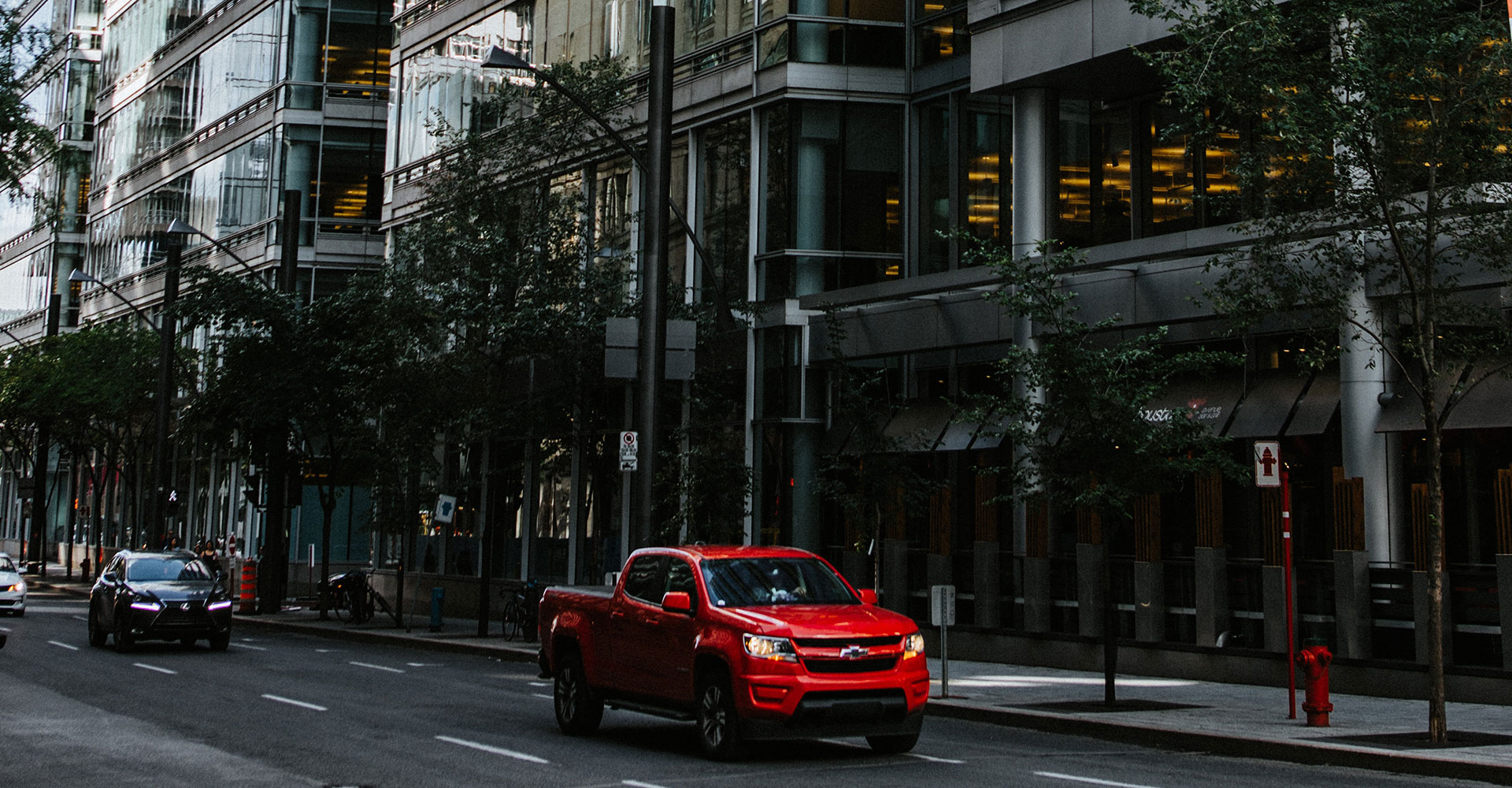Much has happened since New Jersey legalized cannabis for use by people over age 21. The state has created a regulatory body tasked with creating rules and regulations and handling permits needed for businesses to grow, test, distribute, or sell cannabis legally.
According to IBISWorld, the medical and recreational cannabis growing and retail industry — including non-employer and employer establishments — has flourished tremendously since 2016. Employment, profits, revenues continue increasing. The number of businesses has grown between 20% and 30% over the past five years.
In 2021, the U.S. cannabis industry hit $24 billion in sales. Experts predict national annual sales of $70 billion by 2026. The increased acceptance and legalization of both recreational and medical cannabis is offering investors and cultivators significant opportunities.
And with annual sales within the recreational cannabis market projected to surpass $2 billion in just a few years, NJ is poised to become one of the highest revenue-producing states on the East Coast.
People and Organizations Supporting Cannabis in NJ
Many organizations and people have been pivotal in championing the law, bringing it into reality, and shaping the state’s role in cannabis growth and sale.
The ACLU-NJ has actively worked to ensure equitability as the government creates and implements cannabis policies. U.S. Senator Cory Booker, a leading advocate on ending the federal ban on cannabis, continues pushing for bills to include “restorative justice provisions,” with Chuck Schumer’s support.
The Cannabis Regulatory Commission (CRC) holds the bulk of responsibility for ensuring a diverse market and that all entrepreneurs are treated fairly and equitably. Entrepreneurs, like Pure Genesis’s founder and CEO, Faye Coleman, are the voices representing Black and female ownership. She’s leading the advocacy against predatory relationships that can cause irreparable harm to vulnerable businesses so they can thrive in the cannabis market.
NJ’s CannaBusiness Association president, Edmund DeVeaux, has guided and shaped the NJCBA’s involvement within the cannabis space. He’s leading the charge to create a more inclusive market. As one of its fiercest critics, he remains vocal about his disagreement with limited licensing structures and high municipal fee structures.
Importance of Testing Labs
Reputable testing labs are also incredibly important to the cannabis industry. Manufacturers and cultivators need to test their cannabis — and ensure it’s accurately labeled. Processors and testing labs ensure businesses remain compliant with regulations and educate consumers to help them make informed decisions.
Proper testing regulations (and regular inspections of labs), ensure cultivators, manufacturers, and consumers are protected, too. Why? Because by analyzing different plant material, growers and sellers have an accurate understanding of their infused product, extracts, and plant material. This information is critical to preventing the sale of contaminated products — or those without the potency that’s advertised.
For example, if products like those you inhale are contaminated by common mold, medical cannabis patients using it could succumb to potentially fatal infections like aspergillosis. Vape cartridges can also contain unknown additives which can lead to lung injuries like those reported in 2019.
“Lab tested” generates trust — trust from manufacturers, who are reassured their products are safe for go-to-market and consumers, who believe the products are safe for use. Cultivators and manufacturers cannot stint on their due diligence when they look for a trustworthy lab — one willing to share its quality management records and one in compliance with state regulations.
Continued Growth
It isn’t just a higher number of favorable regulatory environments driving the popularity of cannabis for medical and recreational use. A steadily aging population, with the ailments common to older individuals, has seen benefit for medical cannabis. Profits for cannabis industry operators will continue increasing, too, as more states continue to legalize and accept recreational cannabis.
About 12 New Jersey marijuana dispensaries began selling recreational cannabis legally in April 2022. The new laws permit customers to buy:
- Up to one ounce of cannabis per sale for smoking.
- Up to five grams of concentrates, oils, or resins.
- Up to 10 packages of 100 mg of edibles.
The state’s law prohibits anyone from having more than six ounces at a time. Driving while high is illegal. Buyers also may not purchase cannabis in NJ and transport it across state lines.
Supporters of NJ’s legalization of cannabis for medical and recreational use say it will help create additional jobs and opportunities. Governor Philip Murphy estimated his state will receive $30 million in tax revenues generated by sales in FY 2022 and $121 million in FY 2023.
He said recreational sales will help NJ, “stand as a model for other states in the nation, not just in ensuring racial, social, and economic equity and justice, but in ensuring a viable long-term framework for the industry at large.”
Opportunities for Investment
Cannabis-related assets have become attractive to commercial real estate investors. In states with legal cannabis sales, the market performed well during the pandemic. Indeed, medical cannabis dispensaries were classified as “essential” and remained in operation throughout 2020. The International Journal of Drug Policy found that multiple states reported record high legal cannabis sales in 2020 and 2021.
Cannabis-related businesses have, however, faced challenges in accessing financing needed for growth. Many business owners have opted to use leaseback real estate transactions. This strategy allows entrepreneurs to use their own assets to acquire capital from private investors.
It’s called a sale-and-leaseback transaction, and it works like this: a business operator sells their asset — a dispensary, distribution, manufacturing, or cultivation property — to a real estate investor. The investor leases the property back to the operator. A BENZINGA report noted several recent transactions.
- A $39.5 million sale-leaseback deal for MSO Green Thumb Industry’s Pennsylvania-based cultivation facility with REIT Innovative Industrial Properties.
- A $35 million sale-leaseback transaction for six of NY-based multi-state operator Columbia Care’s properties.
- A $50 million sale-leaseback deal between Cresco Labs and GreenAcreage Real Estate.
Currently, NJ has 11 licensed medical cannabis businesses operating 23 dispensaries. The state has recently approved another four vertically-integrated medical marijuana licenses, 30 dispensary licenses, and 10 cultivation permits to support the MMJ market. At least eight additional eight MMJ companies have applied to the CRC hoping for approval to also sell cannabis for recreational use.
With about 70% of NJ municipalities opting out of allowing retail locations — and fierce competition for storefronts with multiple bidders competing for the same property, finding appropriate real estate zoned for cannabis sale may remain a challenge for the foreseeable future.
Are you a commercial real estate investor or looking for a specific property to meet your company’s needs? We invite you to talk to the professionals at CREA United: an organization of CRE professionals from 92 firms representing all disciplines within the CRE industry, from brokers to subcontractors, financial services to security systems, interior designers to architects, movers to IT, and more. Also, CREA United would like to introduce one of its newest groups — the CREA Cannabis Group, which includes CRE professionals, consultants, contractors, suppliers, and ancillary businesses operating within the cannabis space.

